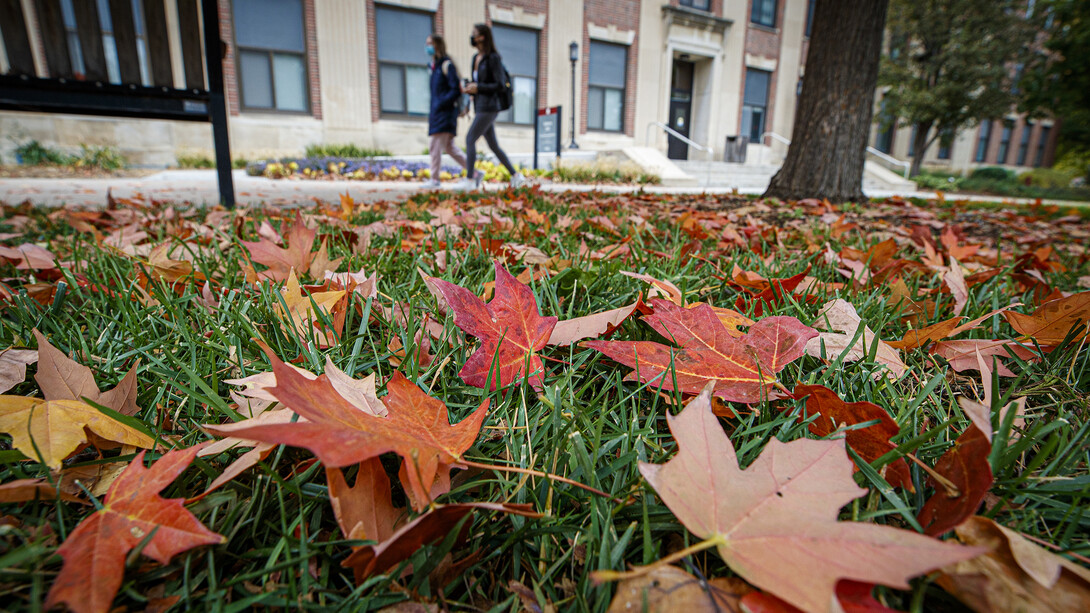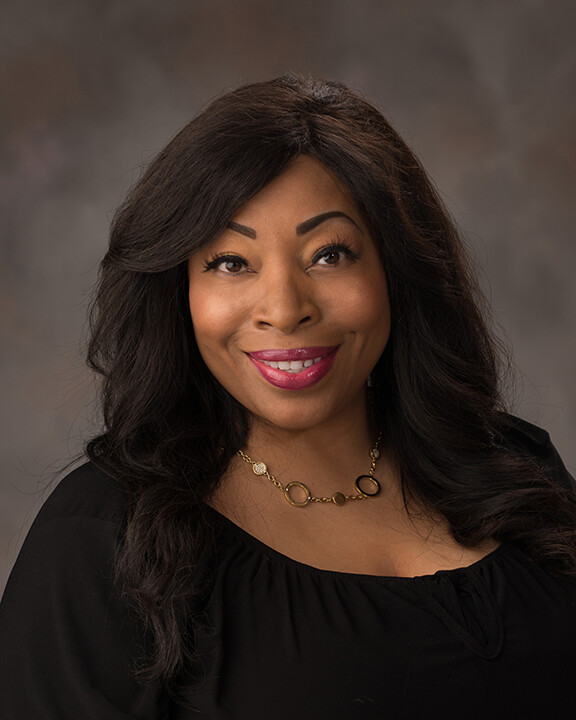
A new, more wholistic response mechanism to campus bias and climate reports was rolled out at the beginning of the fall semester.
The Inclusive Campus Support Network is led by an advisory board of campus leaders and specialists who will directly respond to campus climate and bias reports.
Reports can made in person at Student Advocacy and Support in 335 Nebraska Union, by calling 402-472-0878, or through UNL Report. UNL Report replaced TIPS over the summer term, and is a more robust reporting system, allowing for follow-up support from ICSN.

The Inclusive Campus Support Network was developed by Student Affairs following a review of bias reporting procedures ordered by Chancellor Ronnie Green in November 2020. Kelli King, assistant vice chancellor for student affairs, said the primary role of ICSN is to ensure all community members are treated fairly and to provide support resources to individuals who report incidents.
“We really want them to know that we do truly care, and we want to help in any way we can,” King said.
The development of ICSN is in line with the N2025 strategic plan that is centered around the belief that “every person, and every interaction matters.”
“It’s critical that people know that the university cares about their experiences — inside and outside of the classroom,” King said. “We want to have an efficient process where you bring forward a concern, and know your voice was heard as we help support you through the circumstances you’ve experienced.
“We are working to address some of the gaps Catherine Wilson and Sue Swearer identified in their report to the chancellor that have been historically part of navigating policies and procedures, while also shining a light on resources they may not be aware of.”
The advisory board, which helps respond to reports and will meet regularly to assess the work of ICSN, is comprised of students, faculty and staff representing a diverse array of the campus community and includes expertise from ASUN, Office of Diversity and Inclusion, Big Red Resilience and Well-being, the LGBTQA+ Center, the Women’s Center, Counseling and Psychological Services, the Chancellor’s Commissions, College of Arts and Sciences, the Ethics Center, and many others.
“There is a wide variety of interests and expertise that are represented at the table,” King said. “We’re focused on getting resources to people and helping them in critical moments navigate systems.”
Through ICSN, reports made by any campus community member who shares their contact information will receive a follow-up from an ICSN specialist. King reiterated that while a specialist will contact the person making the report, the report and follow-up will be confidential.
“You have the option to report anonymously, but we are encouraging people to include contact information because we want to follow up,” King said. “During the follow-up, we’ll gather further information if needed, and then explain what the next steps potentially look like, and make sure the person making the report has the support they need. If you choose to report anonymously, unfortunately, you may never find out what happened. We would prefer to help as much as possible.”
ICSN is not a disciplinary body, but King said the board will make referrals to the appropriate offices such as Title IX or Student Conduct and Community Standards, if applicable.
The ICSN Advisory Board expects to gather data from the reports and release annual information on campus climate issues to the Office of the Chancellor, the Vice Chancellor for Student Affairs and the Office of Diversity and Inclusion. These summaries may guide future education and prevention programming efforts to address climate issues and reduce bias incidents in the future.







